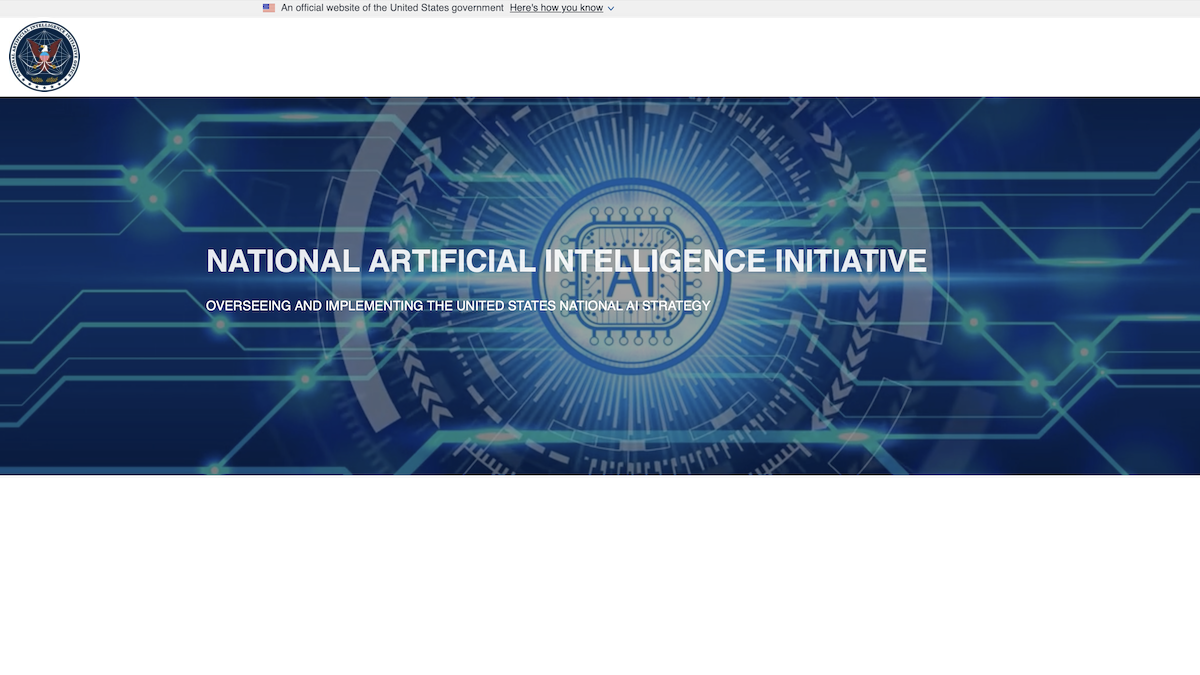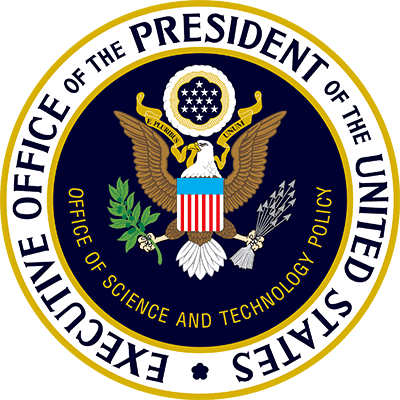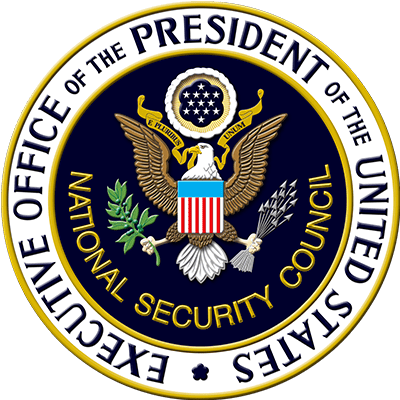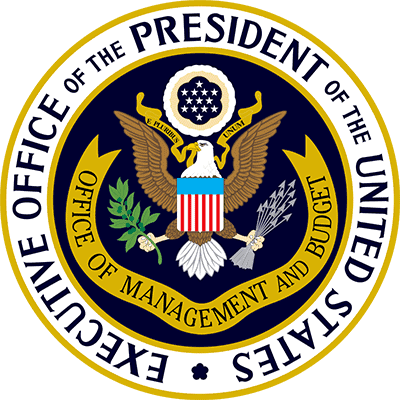The National Artificial Intelligence Initiative (NAII) was established by the National Artificial Intelligence Initiative Act of 2020 (NAIIA) (DIVISION E, SEC. 5001) – bipartisan legislation enacted on January 1, 2021. The main purposes of the initiative are to ensure continued US leadership in AI R&D; lead the world in the development and use of trustworthy AI systems in public and private sectors; prepare the present and future US workforce for the integration of artificial intelligence systems across all sectors of the economy and society; and coordinate ongoing AI activities across all Federal agencies, to ensure that each informs the work of the others.
In support of the Initiative, the NAIIA directs the President, acting through the NAII Office, interagency committee (Select Committee on AI) and agency heads, to sustain consistent support for AI R&D, support AI education and workforce training programs, support interdisciplinary AI research and education programs, plan and coordinate Federal interagency AI activities, conduct outreach to diverse stakeholders, leverage existing Federal investments to advance Initiative objectives, support a network of interdisciplinary AI research institutes; and support opportunities for international cooperation with strategic allies on R&D, assessment, and resources for trustworthy AI systems.
The National AI Initiative provides an overarching framework to strengthen and coordinate AI research, development, demonstration, and education activities across all U.S. Departments and Agencies, in cooperation with academia, industry, non-profits, and civil society organizations. The work under this Initiative is organized into six strategic pillars – Innovation, Advancing Trustworthy AI, Education and Training, Infrastructure, Applications, and International Cooperation.
The vision for the NAIRR laid out in this report is designed to meet the national need for increased access to the state-of-the-art resources that fuel AI innovation. The roadmap for achieving this vision builds on existing Federal investments; designs in protections for privacy, civil rights, and civil liberties; and promotes diversity and equitable access. If successful, the National AI Research Resource would transform the U.S. national AI research ecosystem and facilitate the ability to address societal-level problems by strengthening and democratizing participation in foundational, use-inspired, and translational AI R&D in the United States.
A global technology revolution is now underway. The world’s leading powers are racing to develop and deploy new technologies like artificial intelligence and quantum computing that could shape everything about our lives – from where we get energy, to how we do our jobs, to how wars are fought. We want America to maintain our scientific and technological edge, because it’s critical to us thriving in the 21st century economy.
ANTONY J. BLINKEN
SECRETARY OF STATE
The fifth pillar is this: It’s making technology work for democracy.
Some of the leading threats to democracies today are playing out, as you all know, in cyberspace. We have to be leading the world’s efforts, and particularly the world’s democracies, in responding to those threats – fighting back against disinformation, standing up for internet freedom, reducing the misuse of surveillance technology.
We’ve got to make sure that our companies are not inadvertently fueling authoritarian practices, whether it’s in China or anywhere else.
That’s why we’ve released “surveillance due diligence guidance” to try to help American companies prevent their products from being misused.
Technology is also disrupting democracies from within – challenging the ways we think about privacy, free speech, the power of government, and corporations. President Biden will take on these issues here at home. For example, his new executive order on promoting competition in the U.S. economy asks the FTC to establish rules for companies on surveillance and how to treat personal data.
But democracies have to work together on these issues as well. We need to close the gaps in regulatory and legal frameworks so that democracies can collaborate more easily on issues like privacy, content moderation, data sharing, and on digital trade.
You all know very well these are incredibly complicated issues. The world’s democracies are not all on the same page on every single one of them. But at heart we do share the same principles, and I have confidence that we can work together through the differences that we have. I can tell you this: It is a diplomatic priority for the United States to do that.
So is advancing trustworthy AI. We need be able to reassure our citizens that AI is secure, that it does not have bias embedded in it, that it can be used safely. And here, we’re grateful for a lot of good work happening in some critical organizations, including at the OECD and the Global Partnership on AI. This is very important, too.
We’re interested in increasing access to shared public data sets for AI training and testing, while still preserving privacy – especially in sectors like health, climate, and energy, where AI could create transformational breakthroughs.
Global Partnership on Artificial Intelligence
GPAI is a voluntary, multi-stakeholder initiative launched in June 2020 for the advancement of AI in a manner consistent with democratic values and human rights. GPAI’s mandate is focused on project-oriented collaboration, which it supports through working groups looking at responsible AI, data governance, the future of work, and commercialization and innovation. As a founding member, the United States has played a critical role in guiding GPAI and ensuring it complements the work of the OECD.
Other AI Initiatives at the Department of State
Learn more about what specific bureaus and offices are doing to support this policy issue:
The Global Engagement Center has developed a dedicated effort for the U.S. Government to identify, assess, test and implement technologies against the problems of foreign propaganda and disinformation, in cooperation with foreign partners, private industry and academia.
- The Technology Engagement Team (TET)
The Office of the Under Secretary for Management uses AI technologies within the Department of State to advance traditional diplomatic activities, applying machine learning to internal information technology and management consultant functions.
The Office of the Under Secretary of State for Economic Growth, Energy, and the Environment engages internationally to support the U.S. science and technology (S&T) enterprise through global AI research and development (R&D) partnerships, setting fair rules of the road for economic competition, advocating for U.S. companies, and enabling foreign policy and regulatory environments that benefit U.S. capabilities in AI.
- Bureau of Economic and Business Affairs, Office of International Communications and Information Policy (EB/CIP)
- Bureau of Economic and Business Affairs, Office of Trade and Policy Negotiations (EB/TPN)
- Bureau of Oceans, Environment and Science, Office of Science and Technology Cooperation (OES/STC)
- Office of the Science and Technology Adviser to the Secretary of State (E/STAS)
The Office of the Under Secretary of State for Arms Control and International Security focuses on the security implications of AI, including potential applications in weapon systems, its impact on U.S. military interoperability with its allies and partners, its impact on stability, and export controls related to AI.
The Office of the Under Secretary for Civilian Security, Democracy, and Human Rights and its component bureaus and offices focus on issues related to AI and governance, human rights, including religious freedom, and law enforcement and crime, among others.
The Office of the Legal Adviser leads on issues relating to AI in weapon systems (LAWS), in particular at the Group of Governmental Experts on Lethal Autonomous Weapons Systems convened under the auspices of the Convention on Certain Conventional Weapons.
For more information on federal programs and policy on artificial intelligence, visit ai.gov.
























